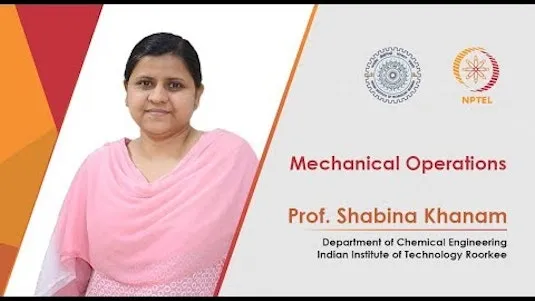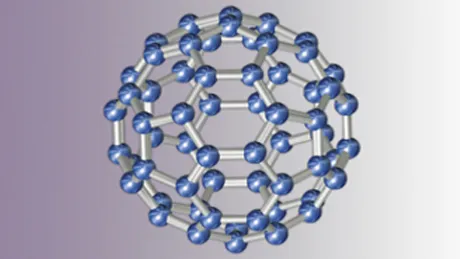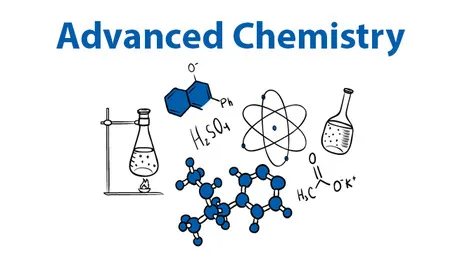
Mechanical Operations 
This course on Mechanical Operations covers the Science and Technology of particulate matter. It will provide an understanding of the physical mechanisms occurring in processes involving particles, unit operations and its role in Chemical industries, characteristics of particulate solids, Principles of size reduction, particle dynamics and separation of particles. Students will learn to formulate and solve mathematical descriptions of such processes. This course is ideal for those looking to gain knowledge and skills in Mechanical Operations. ▼
ADVERTISEMENT
Course Feature
![]() Cost:
Cost:
Free
![]() Provider:
Provider:
Swayam
![]() Certificate:
Certificate:
Paid Certification
![]() Language:
Language:
English
![]() Start Date:
Start Date:
23rd Jul, 2023
Course Overview
❗The content presented here is sourced directly from Swayam platform. For comprehensive course details, including enrollment information, simply click on the 'Go to class' link on our website.
Updated in [May 25th, 2023]
Mechanical Operations is a course that provides an overview of the science and technology of particulate matter. It covers topics such as the characteristics of particulate solids, principles of size reduction, particle dynamics, and separation of particles. The course also covers the important physical mechanisms occurring in processes involving particles, unit operations and its role in chemical industries, and the formulation and solving of mathematical descriptions of such processes. By the end of the course, students will have a better understanding of the fundamentals of particulate matter and its applications in various industries.
[Applications]
The application of this course can be seen in various industries such as chemical, pharmaceutical, food, and agricultural industries. It can be used to design and optimize processes involving particulate solids, such as size reduction, particle separation, and particle dynamics. It can also be used to develop new products and processes, and to improve existing ones. Additionally, it can be used to analyze the environmental impact of particulate processes, and to develop strategies for reducing emissions.
[Career Paths]
[Career Paths]
1. Process Engineer: Process Engineers are responsible for designing, developing, and optimizing industrial processes. They are involved in the development of new products and processes, as well as the improvement of existing ones. They must be knowledgeable in the principles of Mechanical Operations, such as particle dynamics, size reduction, and separation of particles.
2. Quality Control Technician: Quality Control Technicians are responsible for ensuring that products meet quality standards. They must be knowledgeable in the principles of Mechanical Operations, such as particle dynamics, size reduction, and separation of particles. They must also be able to identify and troubleshoot any issues that arise during the manufacturing process.
3. Research Scientist: Research Scientists are responsible for conducting research and developing new products and processes. They must be knowledgeable in the principles of Mechanical Operations, such as particle dynamics, size reduction, and separation of particles. They must also be able to identify and troubleshoot any issues that arise during the research process.
4. Production Manager: Production Managers are responsible for overseeing the production process. They must be knowledgeable in the principles of Mechanical Operations, such as particle dynamics, size reduction, and separation of particles. They must also be able to identify and troubleshoot any issues that arise during the production process.
[Education Paths]
Degree Paths:
1. Bachelor of Science in Mechanical Operations: This degree program provides students with a comprehensive understanding of the principles and practices of mechanical operations. Students learn about the physical and chemical properties of particles, the principles of size reduction, particle dynamics, and separation of particles. They also gain knowledge of the design and operation of mechanical operations equipment, and the application of these principles in industrial settings. This degree is ideal for those interested in pursuing a career in the chemical, pharmaceutical, or food processing industries.
2. Master of Science in Mechanical Operations: This degree program provides students with advanced knowledge of the principles and practices of mechanical operations. Students learn about the physical and chemical properties of particles, the principles of size reduction, particle dynamics, and separation of particles. They also gain knowledge of the design and operation of mechanical operations equipment, and the application of these principles in industrial settings. This degree is ideal for those interested in pursuing a career in research and development, or in the chemical, pharmaceutical, or food processing industries.
3. Doctor of Philosophy in Mechanical Operations: This degree program provides students with an in-depth understanding of the principles and practices of mechanical operations. Students learn about the physical and chemical properties of particles, the principles of size reduction, particle dynamics, and separation of particles. They also gain knowledge of the design and operation of mechanical operations equipment, and the application of these principles in industrial settings. This degree is ideal for those interested in pursuing a career in research and development, or in the chemical, pharmaceutical, or food processing industries.
Developing Trends:
1. Automation: Automation is becoming increasingly important in the field of mechanical operations, as it allows for more efficient and accurate operations. Automation can be used to control the size and shape of particles, as well as the speed and accuracy of operations.
2. Computer-Aided Design: Computer-aided design (CAD) is becoming increasingly important in the field of mechanical operations, as it allows for more efficient and accurate operations. CAD can be used to design and simulate mechanical operations processes, as well as to optimize the design of mechanical operations equipment.
3. Data Analysis: Data analysis is becoming increasingly important in the field of mechanical operations, as it allows for more efficient and accurate operations. Data analysis can be used to analyze the performance of mechanical operations processes, as well as to optimize the design of mechanical operations equipment.
Course Provider

Provider Swayam's Stats at AZClass
Discussion and Reviews
0.0 (Based on 0 reviews)
Explore Similar Online Courses

Yoga Medicine's Guide to Therapeutic Yoga

Free Will and Neuroscience

Python for Informatics: Exploring Information

Social Network Analysis

Introduction to Systematic Review and Meta-Analysis

The Analytics Edge

DCO042 - Python For Informatics

Causal Diagrams: Draw Your Assumptions Before Your Conclusions

Whole genome sequencing of bacterial genomes - tools and applications

General Chemistry: Concept Development and Application

Advanced Chemistry


Start your review of Mechanical Operations